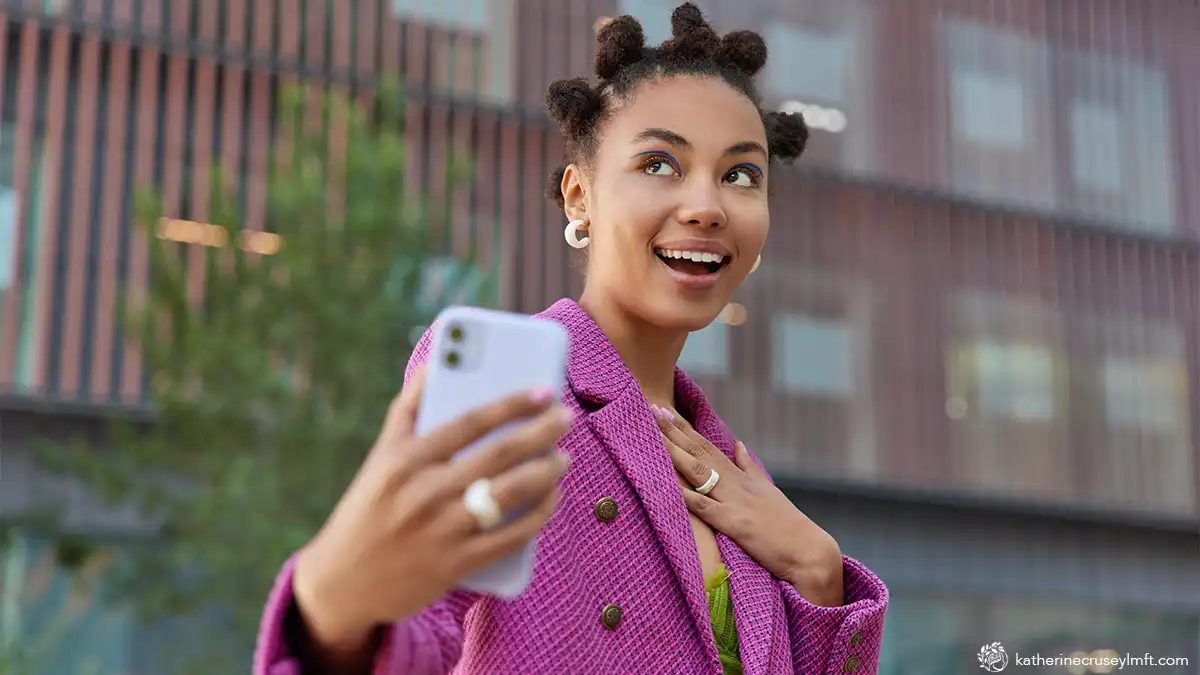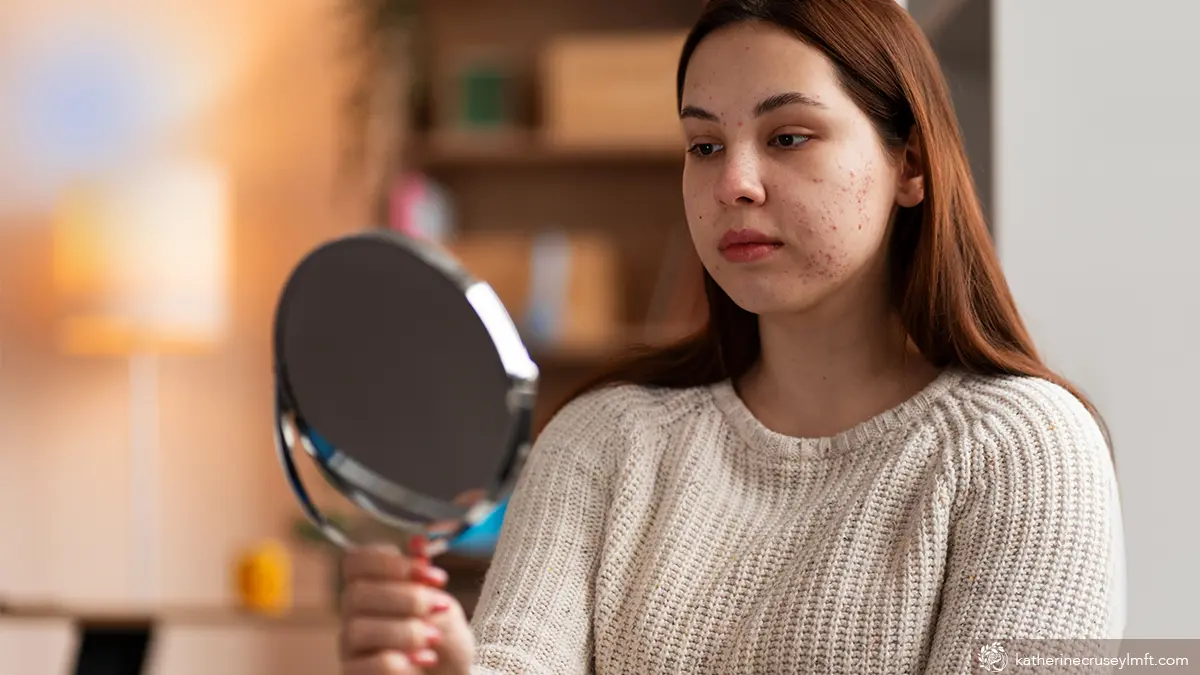Parasocial Relationships: Why We Feel Entitled To Others

Celebrities, influencers, and content creators share intimate parts of their lives online. And the lines between public and private are increasingly blurred. This phenomenon has led to a rise in parasocial relationships; one-sided emotional bonds where fans feel deeply connected to public figures, despite having no personal interaction with them. But what happens when admiration turns into a sense of entitlement? Why do we feel like these individuals owe us something?
What Are Parasocial Relationships?
Parasocial relationships are emotional attachments formed by an audience toward a media personality. First coined in the 1950s by sociologists Donald Horton and R. Richard Wohl, the term described the illusion of face-to-face relationships with television performers. Today, the concept has expanded to include influencers, YouTubers, podcasters, and even fictional characters.
Unlike traditional friendships, types of relationships are entirely one-sided. While the fan feels a deep connection, the public figure often remains unaware of the individual’s existence. However, the constant stream of vlogs, behind-the-scenes updates can create a powerful illusion of intimacy.
The Entitlement Trap
As the one-side relationships deepen, so can the expectations. Fans may start to believe they have a stake in a celebrity’s personal life. As a result, intrusive behavior or criticism ensues the star’s actions don’t align with fan expectations. This sense of entitlement can manifest in various ways.
For example, demanding constant content such as expecting creators to always be “on” or provide updates. Another manifestation includes invasive curiosity where the invader feels justified in prying into the other person’s personal relationships or mental health. There’s also a moral policing issue, expecting them to reflect certain values or beliefs.
Social media platforms exacerbate this entitlement. The illusion of accessibility—through comments, likes, and DMs. As such, fans feel as though they are part of the creator’s inner circle, even if the interaction is minimal or nonexistent.
The Psychology Behind Parasocial Relationships
The idea that you could know a celebrity through knowing something about their personal lives was always tempting to fans. What felt like intimate knowledge of celebrities’ lives, like an intimate interview, an exposé, a story told for the first time, has always sold well.
The public gave celebrities their status, and in return, the public felt like they were entitled to a good story or a peek into their lives. These personal angles were there to remind us that celebrities are, after all, humans. Like us. Parasocial relationships are, therefore, neither new nor unique to the social media era.
Healthy vs. Unhealthy Parasocial Bonds
Not all of these one-sided relationships are harmful. They can offer comfort, inspiration, and even serve as positive role models. However, problems arise when admiration turns into control, entitlement, or harassment. Recognizing the boundaries of these one-way relationships is crucial for both fans and public figures.
Final Thoughts
Parasocial relationships are a natural part of human interaction with media, but it’s essential to remain mindful of their one-sided nature. Admiring a public figure doesn’t grant us ownership over their life. By acknowledging this, we can foster healthier fan cultures that respect boundaries while still celebrating the connections media can offer.
Katherine Crusey, LMFT is here for you. Reach out today and let her help.
You may also enjoy reading: EFT Tapping for Anxiety
Related Posts

Why Are College Students Struggling With Mental Health?
In recent years, the college students mental health crisis has become an alarming issue on…

Here’s What No One Tells You About Body Dysmorphia
Body dysmorphia (BDD) is more than just disliking how you look in the mirror. It's…


